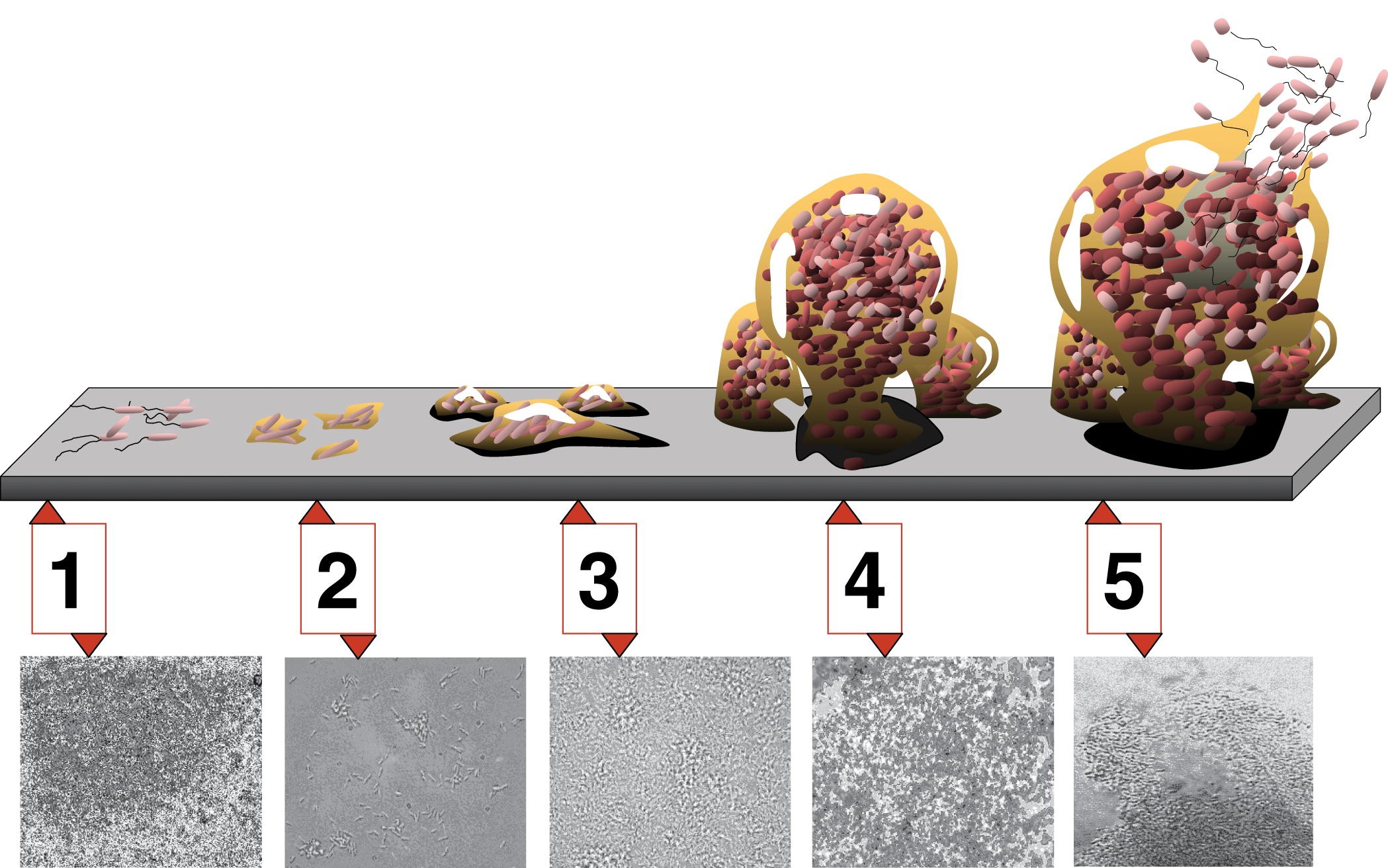Contributed by: Dr. Akilesh Ramasamy & Dr. Tamhankar
 |
| From Wikipedia site |
A few research findings in the past have indicated that antibiotics may have an effect on formation of a biofilm. In other words, antibiotics may act as a stimulant for formation of biofilms.
This is not a new finding though.
Siva wu et al in 2011 had reported that beta-lactam antibiotics stimulate biofilm formation in Haemophilus influenzae which are commonly involved in ear infections like otitis media when used in sub-therapeutic doses. This is a common scenario when antibiotic is improperly administered (improper dosing, improper frequency and duration etc;).
Antibiotic stewardship should be actively implemented in all healthcare settings and it is the duty of all who prescribe antibiotics to be aware of the dangers of irrational antibiotic prescriptions.
(2) Wu S et al. Beta- Lactam Antibiotics Stimulate Biofilm Formation in Non-Typeable Haemophilus influenzae by Up-Regulating Carbohydrate Metabolism. PLoS ONE 9(7): e99204. doi: 10.1371/journal.pone.0099204
What are biofilms?
Biofilm means that bacteria can join together on essentially any surface and start to form a protective matrix around their group.Biofilms and diseases
Biofilms have been implicated in a number of life threatening infections; for example biofilms present on/in medical devices, tubings and even drains. Biofilms are tenacious and resist normal cleaning methods and chemical actions. It is a well known fact that biofilms show 1000 fold resistance to antibiotics than isolated organisms.Antibiotics may favour biofilm formation
But increasing evidence points that biofilm formation may be stimulated by antibiotics. In a recent publication in PNAS, Rachel et al (1) have shown that thiopeptide antibiotics (a common antibiotic secreted by a number of bacteria) actually stimulate biofilm formation in Bacillus subtilis. This is independent of their antibiotic activity.This is not a new finding though.
Siva wu et al in 2011 had reported that beta-lactam antibiotics stimulate biofilm formation in Haemophilus influenzae which are commonly involved in ear infections like otitis media when used in sub-therapeutic doses. This is a common scenario when antibiotic is improperly administered (improper dosing, improper frequency and duration etc;).
Curb Irrational use of antibiotics
These findings give us a new impetus to curb the antibiotic abuse. If naturally occuring antibiotic molecules could induce biofilm formation, antibiotics when used improperly could very well contribute to the problem of antibiotic resistance.Antibiotic stewardship should be actively implemented in all healthcare settings and it is the duty of all who prescribe antibiotics to be aware of the dangers of irrational antibiotic prescriptions.
References:
(1). Rachel Bleich et al. Thiopeptide antibiotics stimulate biofilm formation in Bacillus subtilis. PNAS 2015 ; published ahead of print February 23, 2015, doi:10.1073/pnas.1414272112(2) Wu S et al. Beta- Lactam Antibiotics Stimulate Biofilm Formation in Non-Typeable Haemophilus influenzae by Up-Regulating Carbohydrate Metabolism. PLoS ONE 9(7): e99204. doi: 10.1371/journal.pone.0099204
